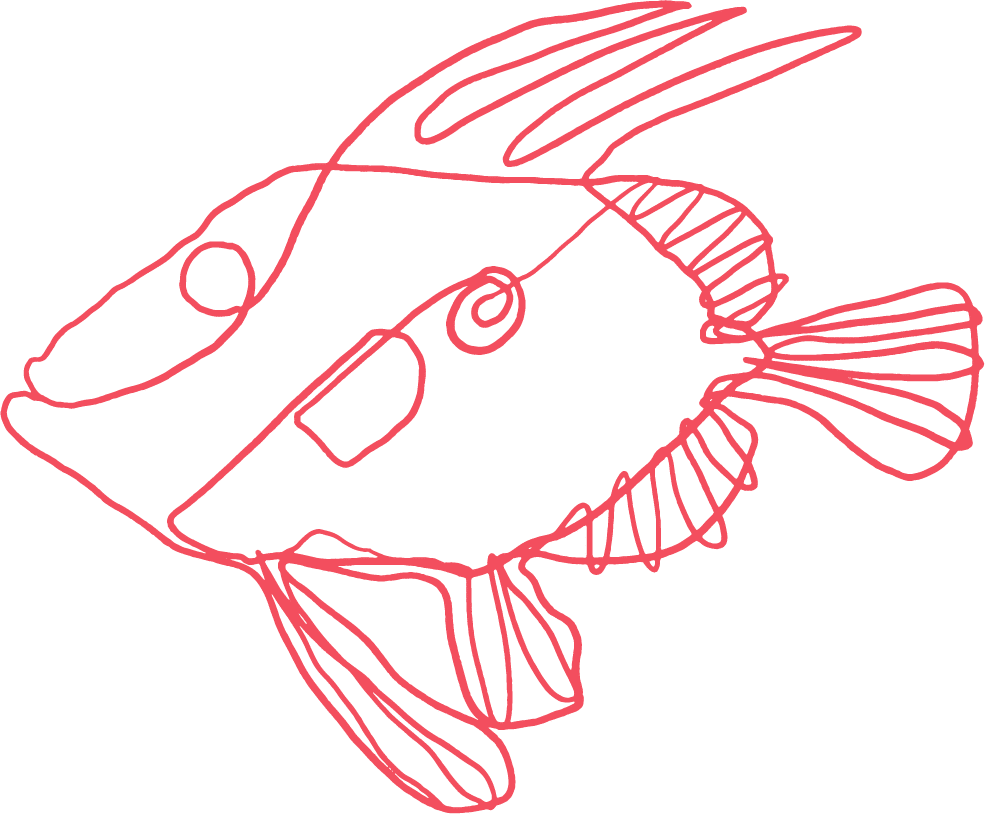![]()

![]()

Silver eel, Glass eel (juvenile stage), Yellow eel (freshwater stage)
European eels have long, snake-like bodies with smooth, scaleless skin. Their colouring changes throughout their lifecycle: juveniles (glass eels) are transparent, while adults are typically yellow-brown or dark green with a pale underside. As they mature for migration, they develop a silvery-grey colour. Their flesh is rich, oily, and full-flavoured, prized in smoked and stewed preparations.
European eels are catadromous – they spawn in the Sargasso Sea before their larvae drift to European coasts. They spend most of their lives in rivers, estuaries, and coastal waters before returning to sea to breed. In Cornwall, they are occasionally caught in rivers and estuarine traps, but commercial fishing is highly restricted due to population concerns.
Sustainability Rating

Status: Critically endangered. European eel populations have declined by over 90% in recent decades due to habitat loss, overfishing, barriers to migration, and illegal trade.

Best Choice: All wild-caught European eel, including glass eels, yellow eels, and silver eels. Even when legally caught, the species remains under significant threat.

Avoid: Currently, there is no sustainable option for consuming wild European eel. Farmed eels are typically raised from wild-caught juveniles and do not offer a sustainable alternative.
Culinary Uses

Traditionally used in jellied eel, smoked eel, and eel stews.

Rich, oily flesh with a strong flavour that pairs well with bold sauces.

Still appreciated in some European and Japanese cuisines, but rarely seen on modern British menus due to sustainability concerns.
Best Fishing Practices

Fishing for European eel is strictly controlled.

Licences are required, and there are seasonal and size restrictions in place.

Restocking efforts and conservation initiatives are ongoing, but the species remains at high risk.
Seasonality

Historically caught in spring (glass eels) and autumn (silver eels), but current advice is to avoid consumption at all times due to conservation status.
Supporting Local, Sustainable Seafood
European eel is a species of high cultural and culinary value, but consumption is strongly discouraged. Its inclusion here serves as a reminder of the importance of sustainability. Protecting this critically endangered species means avoiding it entirely and supporting efforts to restore river habitats and migration routes.
Book now
Join us at Faber Restaurant to explore our menu. Book a table today using the form below or call us on 0208 161 9800 if you have any special requirements.
We’ve been invited to host our very ow Chef’s fish counter and tasting menu at The Holborn Dining Room, part of The Rosewood Hotel London.
Read moreThis summer we’ll be taking up residency in collaboration with Setlist @ Somerset House. Shucking oysters on the riverside terrace
Read moreFaber’s Private Hire Oyster Bar adds a unique and luxurious touch to weddings, private parties, and corporate events.
Read more
